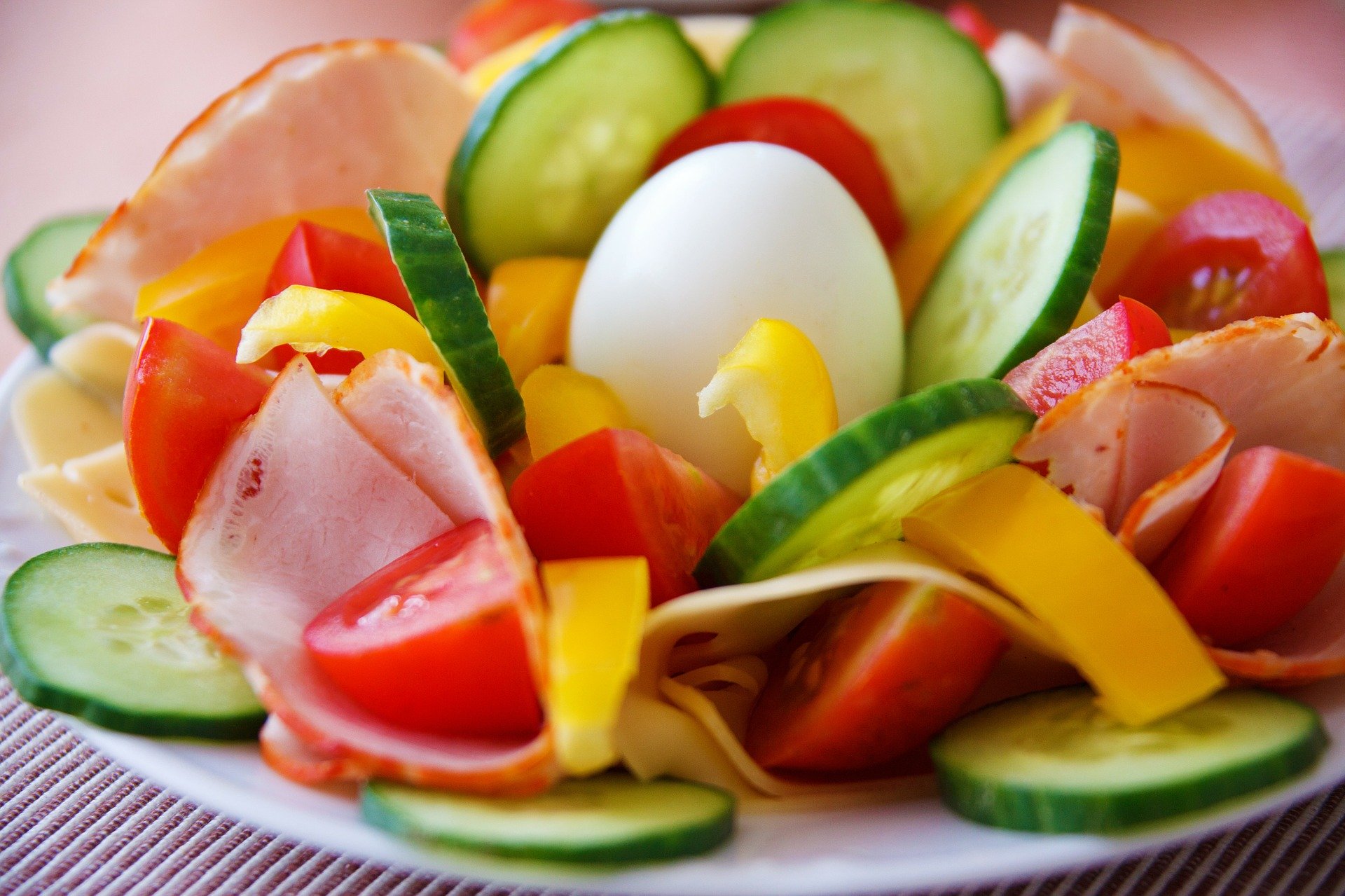Nutrition and Addiction | How Your Diet Affects Your Recovery
Addiction can affect physical health in many ways. Not eating well, eating too much, and metabolic disruptions can affect your nutrition when you are addicted to drugs or alcohol. Likewise, your diet affects your recovery efforts in a positive way by contributing to your physical and mental recovery.
Challenges in Addiction
Issues such as dehydration, electrolyte imbalance, and even organ damage can impact your physical health when you are addicted to drugs or alcohol. Stimulants can suppress your appetite and disrupt your metabolic and neuroendocrine regulation. Even if you do consume enough food when using stimulants, the drugs can impair your body’s ability to process the nutrients.
Some drugs can cause you to overeat, resulting in unhealthy weight gain. When you are craving junk food and sweets, you tend to eat whatever is available. Processed and sugary snack foods have little or no nutritional value. Gaining weight can, in turn, create more health issues, including raised blood pressure and other physical illnesses such as diabetes and liver damage.
Body and Mind
When you are addicted to drugs or alcohol, you probably do not eat on a regular schedule. Poor eating patterns, not exercising, and disruptions in sleep patterns can compound your risk of health issues, including long-term problems.
Your body is already experiencing severe negative issues when you consume addictive quantities of drugs and alcohol. When you add increased or decreased appetite to that mix, your physical health can degrade quickly. Poor physical health can also affect your mental health. Your diet affects your recovery, both mentally and physically, just as it affects your health during your addiction.
Cravings or Hunger
Proper nutrition is critical for you to be able to overcome the problems your body has experienced during your addiction. If you have been addicted for a long period of time, you may actually have forgotten what it is like to feel hunger. Cravings are prevalent during addiction, particularly for sugary or comfort foods that are not necessarily nutritional. Addicts often experience emotional eating or a persistent desire to eat pleasurable foods that trigger a positive physiological response.
In recovery, you should pay attention to the feeling of wanting something to eat and realize that it may be hunger that you are feeling. Avoiding the types of food that you used to reach for when you experienced cravings is important to the process of getting more nutrition into your body as you recover.
Proper Diet in Recovery
Eating regular meals in recovery can help your body become healthier and can actually help keep you on track. Poor eating habits contribute to the likelihood of relapse. When you feel better about your body and get into a new habit of eating healthy, you are less likely to want to use alcohol or drugs again. Your mood will improve along with your physical health, when you eat regularly and enjoy a proper diet again.
You need nutrients in recovery. Nutrients replenish your body and provide you with more energy. They also help you maintain healthy organs and help you fight off infection. Healing nutrients come from foods like whole grains, vegetables, and fruits.
Removing or significantly reducing processed food and sugary snacks is the first major step toward improved health in your recovery. Focus on foods that have healing powers. Food that is rich in L-glutamine, for example, can help reduce those sugar cravings that you may be fighting in the early stages of your recovery. A wide range of food is rich in L-glutamine, including:
- Kale
- Spinach
- Beets
- Carrots
- Beans
- Brussel sprouts
- Beef
- Chicken
- Fish
- Dairy products
- Eggs
Eating Better – Feeling Healthier
Your diet affects your recovery, not only in the way your body heals but also in the way your mind heals. Certain foods can contribute to both. Food that contains tyrosine acts as a sort of dopamine, a neurotransmitter that helps make you feel good. Food that is rich in tyrosine, in fact, converts to dopamine as it digests in your body. High-tyrosine foods include:
- Bananas
- Sunflower seeds
- Soybeans
- Lean beef
- Lamb
- Pork
- Whole grains
- Cheese
You may be familiar with the tryptophan found in turkey. Tryptophan is another neurotransmitter that can promote a positive, happy mood. In addition to turkey, it is found in food that is good for your body and good for your mind, including:
- Cheese
- Lamb
- Pork
- Tuna fish
- Oat bran
- Beans
- Lentils
When you begin to eat better and more regularly, your body and your mind will be on their way to a healthy recovery.
IF YOU NEED SUPPORT IN YOUR RECOVERY, CONTACT SOBER AUSTIN
Sober Austin provides resources on nutrition and recovery to those seeking a substance-free life and those who have loved ones struggling with addiction. Please browse our site to learn more about finding recovery support in Austin. You can also contact us directly by calling 512-981-6572 or emailing soberaustin77@gmail.com.


